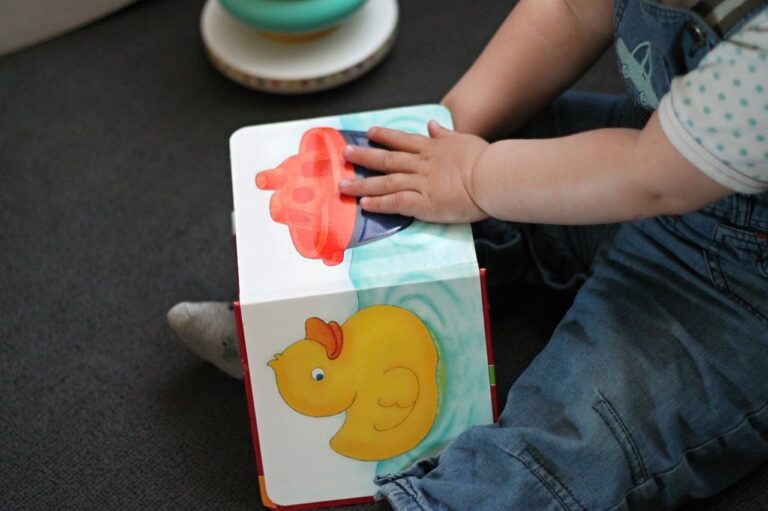Exploring Holistic Assessment Approaches: Laser247. com cricket, Lotus365 vip login, Sky247
laser247. com cricket, lotus365 vip login, sky247: Exploring Holistic Assessment Approaches
Are you tired of traditional assessment methods that only focus on test scores and grades? If so, you’re not alone. Many educators and researchers believe that a holistic approach to assessment is more effective in capturing the true capabilities and potentials of learners. In this blog post, we will delve into the world of holistic assessment approaches and explore how they can benefit both educators and students.
What is holistic assessment?
Holistic assessment is an approach to evaluating learners that takes into account their overall development, including their knowledge, skills, attitudes, and behaviors. Instead of relying solely on standardized tests and exams, holistic assessment considers a wide range of factors, such as project work, presentations, portfolios, and reflective journals.
Holistic assessment recognizes that learners are unique individuals with distinct learning styles and strengths. By using a variety of assessment methods, educators can gain a more comprehensive understanding of their students’ abilities and progress.
Benefits of holistic assessment
1. Encourages critical thinking: Holistic assessment promotes deep learning and critical thinking skills by requiring students to apply their knowledge in real-world contexts.
2. Fosters creativity: By allowing students to showcase their creativity through projects and presentations, holistic assessment nurtures their artistic and innovative talents.
3. Enhances self-awareness: Reflective assessment tasks help students develop self-awareness and self-regulation skills, leading to better self-management and motivation.
4. Supports emotional intelligence: Holistic assessment acknowledges students’ emotional well-being and social skills, fostering empathy and emotional intelligence.
5. Promotes lifelong learning: Holistic assessment encourages continuous improvement and growth mindset by focusing on the process of learning rather than just the outcomes.
6. Celebrates diversity: By valuing multiple forms of expression and communication, holistic assessment respects the diverse backgrounds and perspectives of learners.
Implementing holistic assessment in practice
1. Focus on formative assessment: Incorporate formative assessment strategies, such as peer feedback and self-assessment, to guide student learning and development.
2. Use rubrics and criteria: Provide clear criteria and rubrics for assessment tasks to ensure transparency and consistency in evaluation.
3. Offer varied assessment tasks: Include a mix of assessment tasks, such as projects, presentations, essays, and group work, to cater to different learning styles and preferences.
4. Provide timely feedback: Offer constructive feedback that highlights strengths and areas for improvement to support student growth and learning.
5. Encourage reflection: Prompt students to reflect on their learning experiences and achievements to enhance their self-awareness and metacognitive skills.
6. Collaborate with students: Involve students in the assessment process by soliciting their input and feedback on assessment practices and criteria.
FAQs
Q: How does holistic assessment differ from traditional assessment methods?
A: Traditional assessment methods often focus on standardized tests and exams, while holistic assessment considers a wide range of factors, such as skills, attitudes, and behaviors, to provide a more comprehensive view of learners’ capabilities.
Q: Can holistic assessment be used in all subject areas?
A: Yes, holistic assessment can be applied to any subject area or discipline, as it emphasizes the overall development and growth of learners rather than just their academic performance.
Q: How can educators integrate holistic assessment into their teaching practices?
A: Educators can integrate holistic assessment by using a variety of assessment methods, providing timely feedback, and encouraging reflective practices among students.
In conclusion, holistic assessment approaches offer a more nuanced and multifaceted way of evaluating learners that goes beyond traditional testing methods. By adopting holistic assessment practices, educators can better support student growth, creativity, and self-awareness, ultimately empowering learners to reach their full potential.







